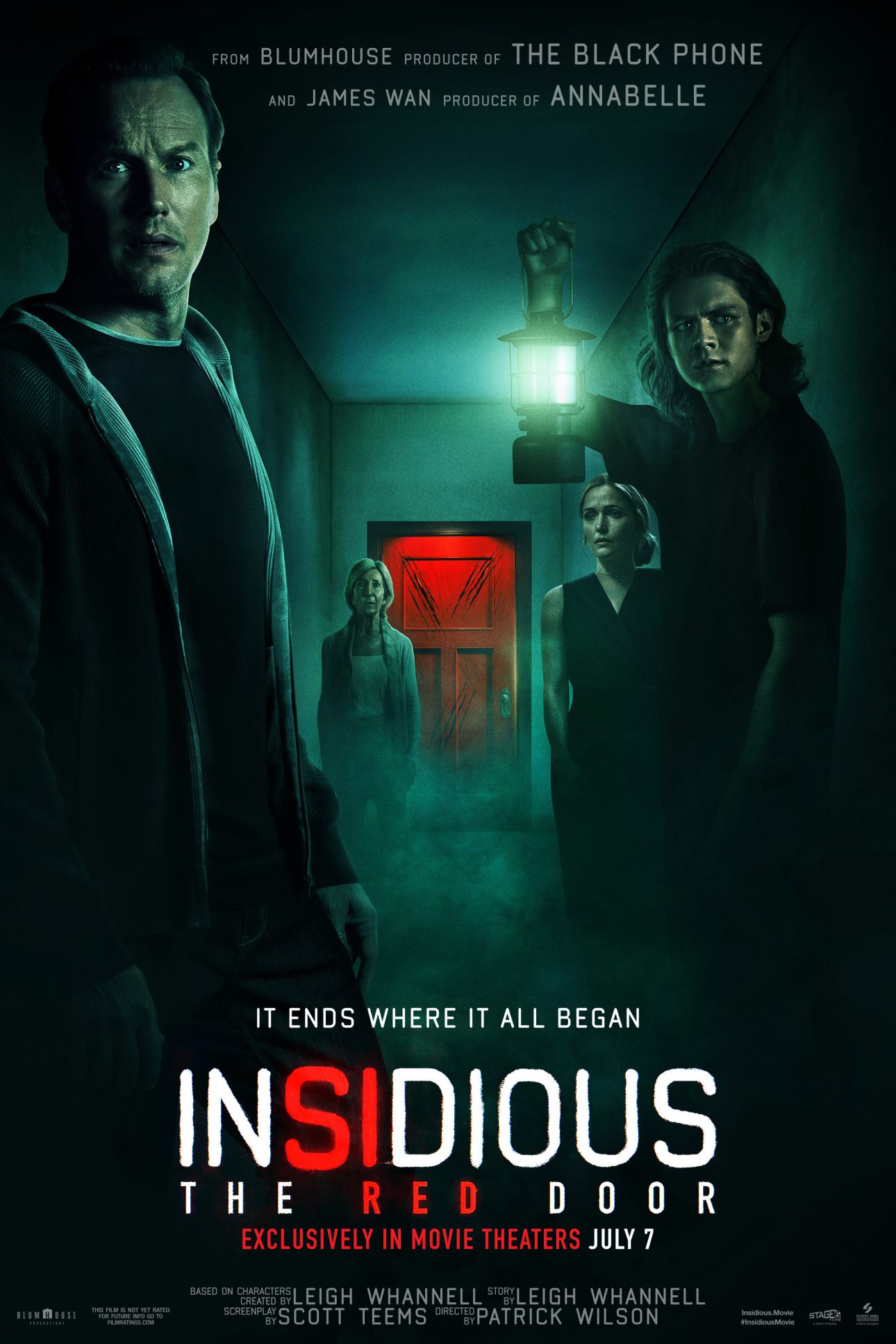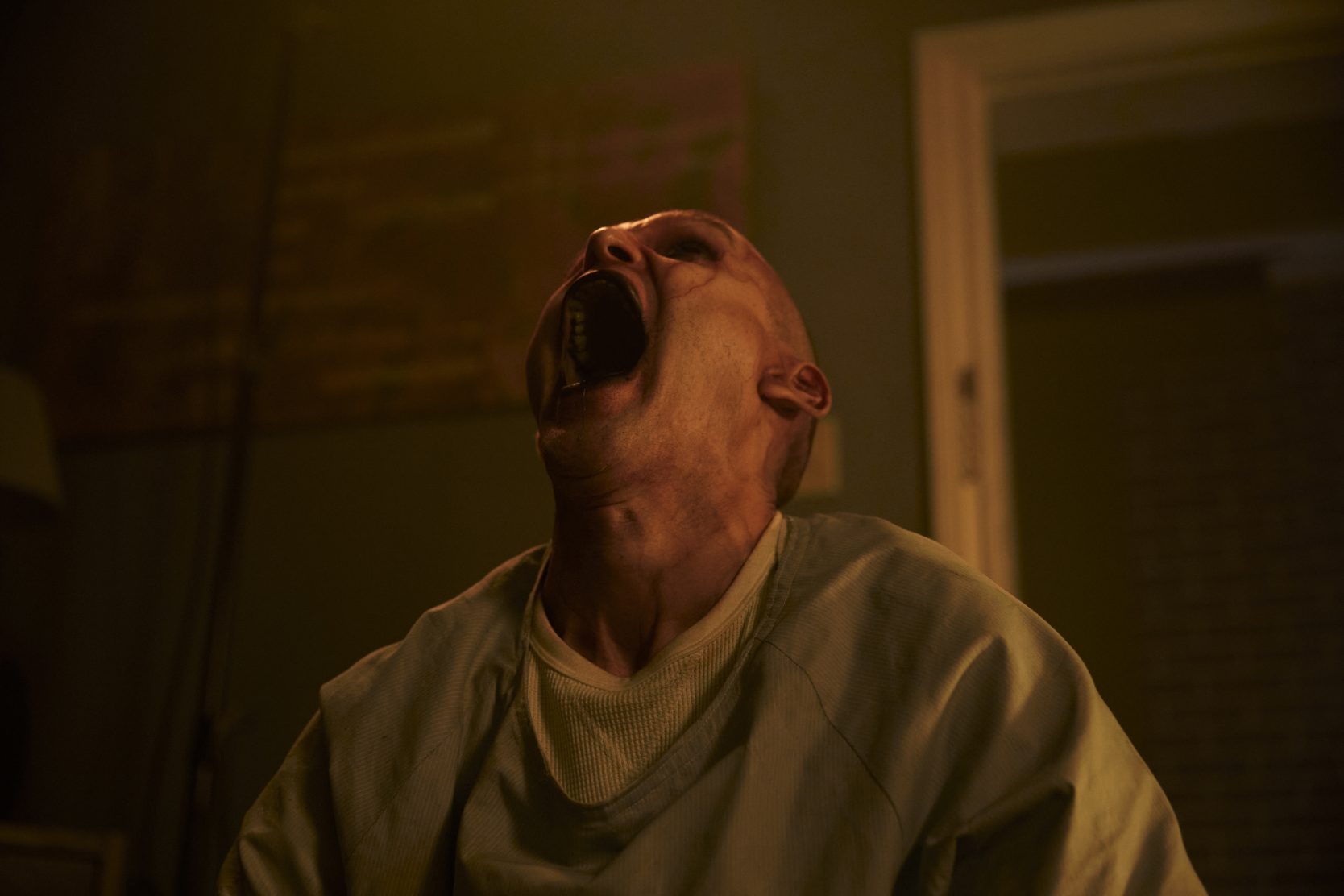Cinema tends to demand or attribute a concrete consensus, where the masses are often at odds with a select critical body, both forces haunted by the specter of a degrading art form, supposedly in decline despite a bounty of superb films suggesting otherwise. Each year, various voting bodies legitimize both the best and worst annual cinematic offerings, while countless lists attempt to dictate their own (sometimes) unique trajectories meant to highlight diamonds in the rough. Praise, though often hyperbolic or even mimetic, is more easily and leisurely measured out.
But what about those unavoidable cinematic stinkers that rankled and vexed, worthy of their own specifically notable ire as visually flavorless gristle or toxically soporific veneers masquerading as motion pictures? 2023 was as rife as any other year with dopey Hollywood cash grabs and haplessly cobbled-together indie features, exemplifying how cinema as an art form will always and forever contend with commerce. Quantity has surpassed the need for quality, with directors like Ridley Scott and Tyler Perry suggesting their level of output demands praise and acknowledgment. But praise in the form of a participation prize is a hollow triumph.

Continuing through the course of creative dead zones, Hollywood studio output gets another big fat “F” for endless franchising, the monopoly of Marvel constructing its way, brick by brick, into an absurd Winchester-house style storytelling, whilst eroding any sense of cultural impact. Ticket sales, of course, suggest the public remains hungry for these fast-food films, while film critics have become complicit in normalizing this cinematic entertainment calibrated specifically for adolescent comprehension. Part of this critical endorsement is potentially due to a troubling fear of confrontation with a constituency the movie trades depend upon to validate them via social media, or the anxiety of studios curtailing access. Even despite a lengthy WGA and SAG-AFTRA strike, which pushed a number of highly anticipated titles into the bosom of another calendar year, the incessant pageant of algorithmic contribution remained securely intact.
Adding to this restrictive moralistic mind-scrubbing of entertainment designed for PG-13 consumption was a marked uptick in faith-based film releases, including exploitation of religious tendencies in a continuing glut of theological horror films, most of which remain painstakingly derivative. In 2023, there was also a thriving reminder of a subgenre curated to caress the the egos of a rising conservative cultural tide, exemplifying how treacherously perfunctory their narratives and characters become when anchored to falsehoods of human behavior and interaction. In short, authenticity is something that cannot be attained when smothered in propaganda.
While one simple, specific list cannot justifiably encompass every conceivable release of annual subpar cinema, some honorable mentions include some multiple offenders over the past year: two new films from Catherine Hardwicke (Prisoner’s Daughter; Mafia Mamma) and two Jennifer Lopez-led debacles (The Mother and Shotgun Wedding).
But the reality remains of one person’s trash being another’s treasure, and while Warhol and Confucius poetically and diplomatically remind us of the beauty to be found in everything, the below are 10 films most impervious to any semblance of pulchritude from this year.
10. Marvel Studios’ Ant Man and The Wasp: Quantumania
Director Peyton Reed remains ensconced in Marvel’s unyielding web with his third offering of the Ant Man films headlined by Paul Rudd. Like many of Marvel’s movies, chaotic storytelling, and performances from A-list supporting cast members (like Michelle Pfeiffer and Michael Douglas) confirm the studio’s unyielding pandering towards an intriguingly forgiving core audience willing to pay for increasingly shoddy CGI spectacles. It’s yet another Marvel film recycling the same formulas, this time catalyzed by the titular superhero’s teenage daughter sucking the extended family back into the Quantum Realm, now under the tyranny of a timeline-destroying scoundrel. The most intriguing element assembled on this cinematic conveyor belt, the villainous Kang played by Jonathan Majors, was almost immediately eclipsed by an ongoing scandal involving the actor, casting this Marvel franchise’s future appendages in doubt. But, like a hydra, one head removed sprouts several offshoots.
9. The Unseen
Chances are you probably haven’t heard of Vincent Shade’s sophomore film, an egregiously inept, supernatural horror film, The Unseen. The Chicago-lensed feature has more interesting elements behind the scenes, regarding its curious screenwriter Jennifer A. Goodwin (who also presumably strong-armed her way into playing a supporting character with ruinous results) as compared to the formidably silly story involving a law student played by R.J. Mitte of Breaking Bad fame. While the vehicle offers Mitte the chance to take the lead, he’s unfortunately collateral damage in this trainwreck about his character having sinister visions.
8. Asteroid City
Yes, despite popular sentiments, Wes Anderson has directed one of the worst films of the year with his latest overstuffed trinket, Asteroid City. An ensemble of notables are paraded around in this soulless period piece about a 1950s junior stargazing contest with metatextual asides. A deliriously twee score from Alexandre Desplat only assists in driving home its cloying self-reflexivity from a filmmaker lodged deeply in endless Russian-nesting-doll excessiveness. Robert D. Yeoman’s vibrant cinematography aside, Anderson continues to reveal narrative limitations thanks to an overwhelmingly exuberant flattery accompanying his films, where charges of verbosity are somehow dodged in superficial, eternally fussy passages hiding a desolate void for any who dare to look past its cheerily droll curtain.
7. Carmen
Bizet’s eternal opera has several iconic cinematic renderings, most effusively with Dorothy Dandridge as Carmen Jones in Otto Preminger’s 1954 classic (but Carlos Saura presented a pretty damn good approach with his 1983 version). Choreographer Benjamin Millepied, husband of Natalie Portman, revealed his hubris with an experimental refugee version starring Melissa Barrera and Paul Mescal (not to mention a vampy, completely underutilized Rossy de Palma), with original music from Nicholas Britell. Marvel at Millepied’s attempts to also maintain the thematic skeletons defining the two lead characters while transposing elements so diluted the end result feels like an exploitation film.
6. Insidious: The Red Door
Patrick Wilson makes his directorial debut with the fourth installment of the franchise he’s also starred in. Unfortunately, this latest iteration suffers from yet another crippled genre rehash by screenwriter Scott Teems (Firestarter, Halloween Kills, The Exorcist: Believer), who basically seems to have reworked James Wan and Leigh Whannell’s original. Ty Simpkins’ collegiate victim nabs the spotlight, his memory erased by the franchise’s previous events, which has estranged him from dad Patrick Wilson. What transpires feels like Harry Chapin’s “Cat’s in the Cradle” tune with a demon lurking in the background. Killing off Barbara Hershey and straightjacketing Rose Byrne into a frowning hausfrau who pops up to shake her head, Wilson wastes the film’s most vibrant new element in Sinclair Daniel, miscast only because she outshines the trappings of a one-dimensional dramatic catalyst.
5. Scream VI
That’s right, Scream VI. The second installment of Wes Craven’s rebooted franchise from directors Matt Bettinelli-Olpin and Tyler Gillett is dead on arrival, perfectly comfortable delivering all of the same ingredients as its predecessors but lightly rearranged. Much like how Jason Voorhees once took Manhattan, the Ghostface killer visits the metropolis and has targeted the fresh blood who survived 2022’s Scream and the dwindling legacy characters who returned (namely Courteney Cox, whilst originating headliner Neve Campbell infamously declined to return because her asking price – despite the franchise’s box office returns – was too high). As this fresh crop of forgettable faces fall victim to the inevitable death machine, we’re drawn through another labyrinth of red herrings until this latest chapter’s assailant and their questionable motives are at last revealed. As to be expected, the killer’s self-aware rules of engagement are regurgitated for a fanbase seemingly content with seeing the same thing over and over again. For anyone who became mildly attached to Melissa Barrera, who led the last two adventures, her recent firing from the production of Scream VII thanks to sharing pro-Palestinian IG posts further cements Paramount Studios’ disinterest in any kind of remote coherence or creative allegiance. Still, for a distractingly de-aged Skeet Ulrich popping up as a ghost dad and a smugly rectified Hayden Panettiere, small life rafts of camp momentarily uplift another meaningless charade to the end credits.
4. On a Wing and a Prayer
Sean McNamara, who previously delivered the Christian shark attack movie Soul Surfer (2011), returns to celebrate more imperiled devotees in another “based on a true story” adventure with On a Wing and a Prayer, starring Heather Graham and Dennis Quaid. Graham represents something of a subversive anomaly here, considering her early filmography consisting almost entirely of promiscuous ingenues plus one of her other 2023 releases, the Lovecraftian occult film Suitable Flesh. This film deals with a family man who is forced to land a small plane after the pilot dies mid-flight. With his family on board, supposedly it’s his faith that allows for their survival (though a sequence where Quaid is seen to be questioning his beliefs can’t quite manage to feel authentic, instead channeling some bizarre kind of Orwellian doublethink). Unlike the surviving family in the film, McNamara crash-lands.
3. The Marvels
Ending a hot streak that began with the enjoyable indie drama Little Woods (2018), and continued with a compelling reboot of Candyman (2021), director Nia Dacosta became part of the superhero machine with The Marvels, the sequel to 2019’s Captain Marvel. On paper, this appears to be something of a daring venture, offering up three diverse women as leads who become a powerful triumvirate when their powers are intertwined. The film’s disappointing box office numbers hardly sound a death knell for Marvel, but more importantly, there’s nothing particularly enjoyable about its increasingly nonsensical plotting and cardboard characterizations. Lead Brie Larson entertains for all the wrong reasons as a formidably stiff superhero who seems unsure of her character’s capabilities or purpose. A painful narrative subplot regarding a planet inhabited by people who only communicate through singing in English (but can’t understand spoken English, not even poetry) makes The Marvels feel like the soggy equivalent of the Rex Harrison version of Doctor Dolittle (1967). On the plus side, the film is under two hours.
2. Hypnotic
Speaking of disinterested lead actors, Ben Affleck appears to be more bored by starring in Hypnotic than we are watching him. Cult director Robert Rodriguez needed some significant script-polishing for this derivative sci-fi film about a detective searching for his daughter, only to discover he’d wiped his memory of her because he’s a powerful hypnotist who worked for a secretive government agency. Said agency, simply called “Division,” aims to destroy his missing kid, a girl whose powers will eventually allow her to derail everything. Etcetera. Shoddy special effects, intriguingly frugal costume design choices, and an emotionally indolent lead star coalesce into the least inspired offering of Rodriguez’s impressive career.
1. Dear David
And in the ultimate exemplification of how an endless stream of content begets pernicious bunkum, John McPhail’s Dear David is arguably the most brainless release of the year. Masquerading as a true story, this BuzzFeed-produced Lionsgate release brings us back to the glory days of the internet news company, which promised the world brand new content every single day as a way to satisfy our modern mania for nonsensical distraction. Augustus Prew stars as BuzzFeed artist Adam Ellis, who went viral via a Twitter thread in 2017 detailing his correspondence with a murderous supernatural entity. McPhail’s film presents the haunting of the struggling artist, who is badgered by his bulldozing boss (Justin Long, portraying yet another obnoxious, vainglorious dolt in what appears to be his asshole era), as something which really happened. The reenacting of a dead child’s Internet chat room bullying from 1996 is the origin of the ghost. What’s flabbergasting is how BuzzFeed endorsed a film which clearly depicts the viral online episode as the desperate result of a content creator guided by his own arrogance, inspired by a toxic work environment enhanced by the demands of a market driven by consumers satisfied with devouring and disposing. Augustus Prew has the sad task of trying to make Ellis seem like anything other than a low-grade sociopath who demeans both his work colleagues and boyfriend, while neither the director nor screenwriters seem remotely interested in aligning with reality. It is a film that feels like a tribulation to sit through as the worst possible approach to examining a forgettable footnote from the interminable sea of similar efforts in the void.





